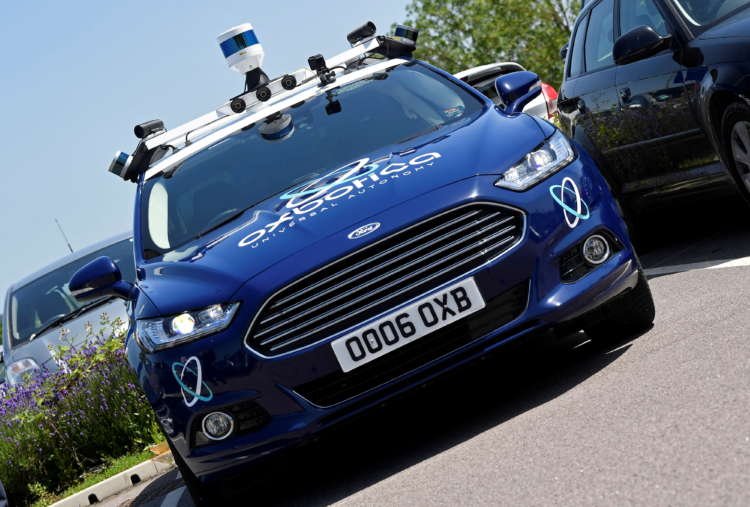Business
Britain’s driverless car ambitions hit speed bump with insurers
Published by linker 5
Posted on April 21, 2021
1 min readLast updated: January 21, 2026

Published by linker 5
Posted on April 21, 2021
1 min readLast updated: January 21, 2026

Explore more articles in the Business category











